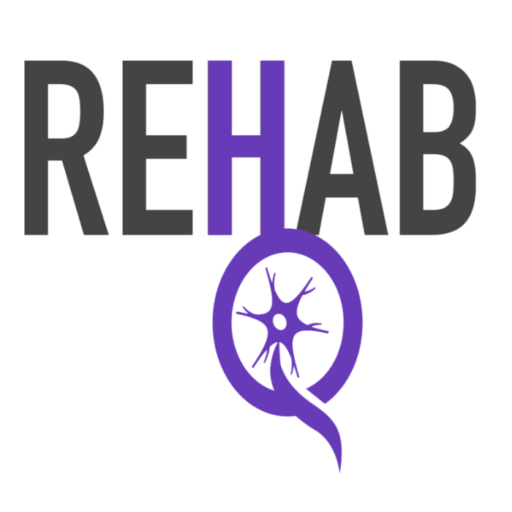Stroke Recovery: How to Regain Focus and Attention Faster
When most people think about recovery after a neurologic injury like a stroke, brain injury, or MS, they often focus on the physical side. Strength. Repetitions. Muscle activation.
But I dare say focus and attention are the most critical, and the most neglected components of physical recovery.
Let’s unpack why that is, and how improving your focus can completely change the way your brain rewires and your body moves.
Why Focus and Attention Are So Often Overlooked
One of the biggest blind spots I see in neuro rehab is cognitive recovery. Many people stop speech therapy too soon, thinking it’s not as “productive” as physical therapy.
But here’s the truth: your physical progress depends on your brain’s ability to focus, plan, and process information.
Speech therapy, along with cognitive retraining, helps build that mental framework, the “wiring” that allows your body to carry out complex movements. Without that, physical therapy is like trying to build a house on a shaky foundation.
So, if your speech therapist says you still have goals to work on, trust them. Cognitive work is physical recovery.
My Foundational “Focus Checklist”
Here are a few essentials I recommend to every one of my patients before we even think about the fancy stuff like red light therapy or robotics:
1️⃣ Choose a distraction-free environment
Turn off the TV, silence your phone, and make sure pets or family members aren’t interrupting. Every rep you do without full focus is a wasted rep.
2️⃣ Keep sessions short and sharp
No more than 20 minutes of focused work before taking a break. Our brains simply can’t sustain attention much longer.
3️⃣ Be intentional, not robotic
If you’re just plowing through reps without noticing what went right or wrong, you’re missing the learning process. Reflection and adjustment are where the magic happens.
4️⃣ Adjust when you hit a wall
If you fail three times in a row, change the activity. Modify your position, make it easier, and keep the wins coming. Brain rewiring thrives on success, not frustration.
The Next Layer: When and How You Train Matters
Timing is everything. Try to work on your most demanding therapy tasks when you’re most alert. For some people, that means adjusting around medications that cause fatigue.
And don’t forget the basics:
-
Sleep: Your brain’s “cleaning system” works while you sleep. Prioritize it.
-
Hydration: Sometimes what feels like brain fog is just dehydration.
-
Nutrition: Ultra-processed foods and sugar can zap your focus and slow brain healing. Try to stick with whole foods as much as possible.
If you’ve been living on convenience food (and hey, no judgment here), just start with one real-food meal a day and build from there.
The Tool That Caught My Eye: The Core Stretch
Recently, I tried out a tool called the Core Stretch, originally designed for back stretching. What caught my eye, though, was how versatile it is for neuro rehab.
✅ Great for early arm movement (similar to how I use a Swiffer for active assist).
✅ Useful for breaking up abnormal arm-leg linkages during standing and walking.
✅ Adjustable height for progressive training.
It’s a great example of how a simple, well-designed tool can serve multiple purposes in rehab, especially when paired with the right mindset and attention strategies.
Here is a link to the product. Rehab HQ may receive a small commission, but I only share products that truly add value for our community.
One Last Thought on Attention
If you’ve ever caught yourself saying, “Oh, I’ve just always been like this, I can’t focus,” I want to challenge that.
You can train attention, just like you train movement.
Start noticing whether you can summarize your therapy session afterward. What went well, what didn’t, what you’ll change next time. If you can’t, you were probably distracted. That awareness alone can transform your recovery.
Final Takeaway
Recovery isn’t just about muscle strength. It’s about mental strength. The focus, patience, and awareness that rebuild the brain’s communication pathways.
So before you invest in another device or new therapy, start by investing your energy into attention. It’s free, it’s powerful, and it’s the foundation of everything that follows.
If you found this post helpful, please consider subscribing to our YouTube channel or joining our Rehab HQ membership community, where we dive deeper into customized rehab strategies, exercise vaults, and live Q&As to help you keep moving forward.
➡️ Learn more about the Rehab HQ Membership Plans
➡️ If you’d like to know more about our plans, book a Discovery Call
➡️Check out our store for more Rehab HQ Tools




